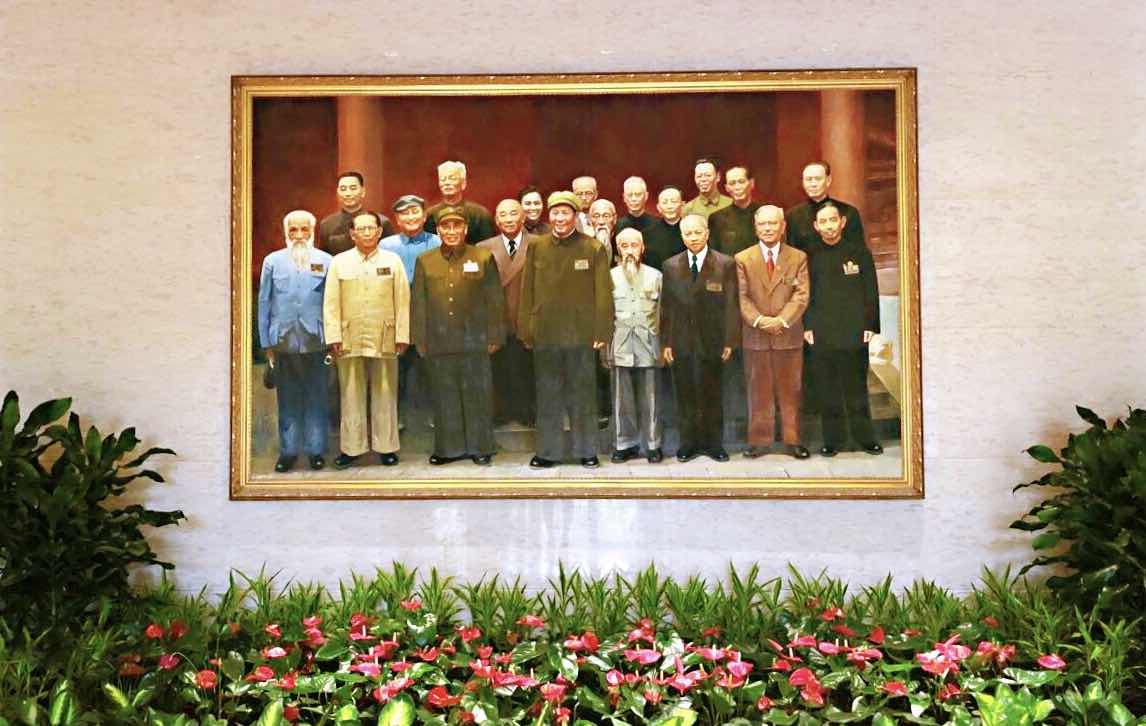My book project “Wealth without Power: The Rise of Chinese Private Business Elites and Their Relationship to the Communist Party” examines a novel puzzle in state-business relations in modern China. Provided that while business elites in the post-Soviet states have engaged in state capture, how and why has China developed a system of crony communism, in which private business elites aim to neither capture the party-state nor promote democracy?
I employ multiple methods to further this research, including a dataset of the top 3,000 wealthiest people in China, archives and government documents from the Chinese Academy and the Shanghai Academy of Social Sciences, Annual China Rich List from the Hurun Research Center, and evidence from intensive fieldwork of 117 in-depth interviews with business elites, scholars, and government officials in China. My study details how the super-rich have become a particular target of the CCP, which aims to monitor them and channel their involvement in politics in ways that minimize their potential to capture the state and maximize their willingness to cooperate with the regime. Specifically, co-optation is secured through the access to seats in the Congress and coercion is deployed through anti-corruption investigations. This system of reward and punshiment has allowed the party-state to embrace and control the super-rich in the private economy.
Along with my book project, I am completing a “Chinese Business Elites Database”. Using Hurun China Rich List as a reference, the database provides detailed biographical information including birth year, gender, ethnicity, birthplace, education level, year of entering the CCP, annual rank on the China Rich List, company information, industry sector, job trajectories in the National People’s Congress and other key organizations, and their identifiable political factions. This database provides source materials for understanding systematically how the business elites grow in China, what are the changing characteristics of those elites, and their relationship to the CCP.


